
PURPOSE DRIVEN
T R UTH TRU S T TIME


T R UTH TRU S T TIME
RICK WARREN
BestSellingAuthorof thePurposeDrivenLife
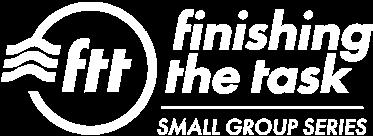
1. TRUTH: BIBLICAL FOUNDATIONS OF STEWARDSHIP
• UNDERSTANDING GOD’S OWNERSHIP
• BIBLICAL STEWARDSHIP PRINCIPLES
• THEOLOGICAL PERSPECTIVE ON RESOURCES
• KEY THEMES:
◊ God owns everything
◊ We are managers, not owners
◊ Biblical economic principles
◊ Redefining wealth and value
2. TIME: INTENTIONAL KINGDOM LIVING
• REDEEMING TIME AS A SPIRITUAL RESOURCE
• STRATEGIC LIFE MANAGEMENT
• PRIORITIZING ETERNAL PERSPECTIVES
• FOCUS AREAS:
◊ Time allocation
◊ Spiritual disciplines
◊ Purposeful living
◊ Eliminating spiritual distractions
3. TALENT: DISCOVERING AND DEPLOYING SPIRITUAL GIFTS
• IDENTIFYING PERSONAL GOD-GIVEN ABILITIES
• MAXIMIZING SPIRITUAL POTENTIAL
• SERVING WITH AUTHENTIC CALLING
• EXPLORATION OF:
◊ Spiritual gift assessment
◊ Leadership development
◊ Missional deployment of talents
◊ Organic ministry engagement
4. TREASURE: TRANSFORMATIVE FINANCIAL STEWARDSHIP
• HOLISTIC APPROACH TO FINANCIAL MANAGEMENT
• KINGDOM-MINDED RESOURCE ALLOCATION
• GENEROSITY AS A SPIRITUAL DISCIPLINE
• KEY STRATEGIES:
◊ Biblical financial principles
◊ Generous giving
◊ Wealth as a tool for kingdom impact
◊ Sustainable financial practices
5. TRUST: RADICAL FAITH AND SURRENDER
• DEVELOPING DEEP SPIRITUAL DEPENDENCE
• OVERCOMING FINANCIAL FEAR AND ANXIETY
• LIVING IN GOD’S PROVISION
• CORE PRACTICES:
◊ Faith-based financial decision-making
◊ Letting go of control
◊ Trusting divine provision
◊ Spiritual resilience
6. TESTIMONY: SHARING HOPE AND TRANSFORMATION
• COMMUNICATING PERSONAL SPIRITUAL JOURNEY
• WITNESSING THROUGH LIFESTYLE
• LEVERAGING PERSONAL STORY FOR KINGDOM PURPOSE
• EMPHASIS ON:
◊ Authentic storytelling
◊ Spiritual vulnerability
◊ Sharing hope
◊ Demonstrating God’s transformative power
126 Frequently Asked Questions
128 Small Group Agreement
131 Weekly Check In
132 Prayer and Praise Reports
134 Memory Verse Cards (Clip and Review)
135 Small Group Roster
136 Hosting an Open House 138 Leading for the First Time
140 Leadership Training 101
147 Sermon Notes Answer Key

Dear Friend,
I’m delighted to welcome you to Purpose Driven Life Stewardship—an exploration of how managing all of life’s resources according to God’s purposes leads to extraordinary fulfillment and impact.
Twenty years ago, I wrote The Purpose Driven Life to help people discover why they’re alive. This book builds on that foundation by addressing a critical question: “Now that I know my purpose, how do I steward everything in my life to fulfill it?”
True stewardship extends far beyond money to encompass everything God has entrusted to us: our truth, time, talent, treasure, testimony, and trust. When we recognize that nothing in our lives truly belongs to us—that we’re managing resources on behalf of their true Owner—it revolutionizes our approach to everything.
Throughout these pages, you’ll discover how each of the five purposes God has for your life—worship, fellowship, discipleship, ministry, and mission— provides a framework for faithful stewardship. You’ll learn practical ways to align your calendar, your capabilities, your cash, and your connections with God’s eternal purposes.
After working with church leaders around the world, I’m convinced that purpose-driven stewardship is the missing link between knowing your purpose and actually living it. This approach moves us from good intentions to intentional living.
My prayer is that this journey will equip you to manage every aspect of your life with eternity in view. May you experience the deep satisfaction that comes from hearing those words we all long to hear: “Well done, good and faithful steward.”
For such a time as this,
Rick Warren
“THE EARTH IS THE LORD’S, AND EVERYTHING IN IT, THE WORLD, AND ALL WHO LIVE IN IT.” — PSALM 24:1



POINT TO REMEMBER: Everything belongs to God.
The first four words of the Bible establish the foundation for all of stewardship: “In the beginning God...” Everything starts with God. Before anything existed, there was God. And then He created everything. This simple but profound truth changes everything
about how we approach life.
What I often think: These are my possessions, my money, my time, my life.
What God says: “The silver is mine and the gold is mine, declares the LORD Almighty” (Haggai 2:8).The question isn’t whether God owns everything— the Bible clearly states He does. The question is whether we’ll acknowledge this truth and live
accordingly.
TODAY’S TRUTH: You are a manager, not an owner, of everything in your life.
THINKING ABOUT TODAY’S TRUTH:
1. How might your financial decisions change if you truly believed God owned all your money?
2. What possession do you most struggle to view as belonging to God?
TODAY’S PRAYER:
“FATHER, I ACKNOWLEDGE THAT EVERYTHING I HAVE COMES FROM YOU AND BELONGS TO YOU. HELP ME TO EMBRACE MY ROLE AS A STEWARD, NOT AN OWNER. OPEN MY EYES TO SEE ALL I HAVE AS YOURS, ENTRUSTED TO ME FOR YOUR PURPOSES. IN JESUS’ NAME, AMEN.


DAY 2: MANAGERS OF GOD’S RESOURCES
“So then, each of us will give an account of ourselves to God.” — Romans 14:12
POINT TO REMEMBER: I am accountable for how I manage God’s resources.If God
owns everything and we own nothing, what does that make us? The Bible’s answer is clear: we are stewards—managers of resources that belong to God. The Greek word for steward in the New Testament is oikonomos, which literally means “household manager.” In ancient times, wealthy homeowners would appoint trusted servants to manage their estates.


This should be a brief, simple prayer, in which you invite God to give you insight as you study. You can pray for specific requests at the end of the meeting, or stop momentarily to pray if a particular situation comes up during your discussion.


Jesus told more parables about money and stewardship than any other topic because He knew our tendency to forget who really owns it all. In the Parable of the Talents (Matthew 25:14-30), the master distributed resources to his servants according to their abilities. Later, he returned to see what they had done with what belonged to him.
TODAY’S TRUTH:
YOU WILL GIVE AN ACCOUNT TO GOD FOR HOW YOU’VE MANAGED HIS RESOURCES.
How does knowing you’ll give an account to God affect your view of financial decisions?
In what area of stewardship do you think God might say you’re doing well? Where might He say you need growth?
TODAY’S PRAYER:
“Lord, I recognize that I will one day stand before You and give an account for how I’ve managed what You’ve entrusted to me. Help me to be faithful with everything—my time, my money, my abilities, my relationships. May I hear You say, ‘Well done, good and faithful servant.’ In Jesus’ name, Amen.”


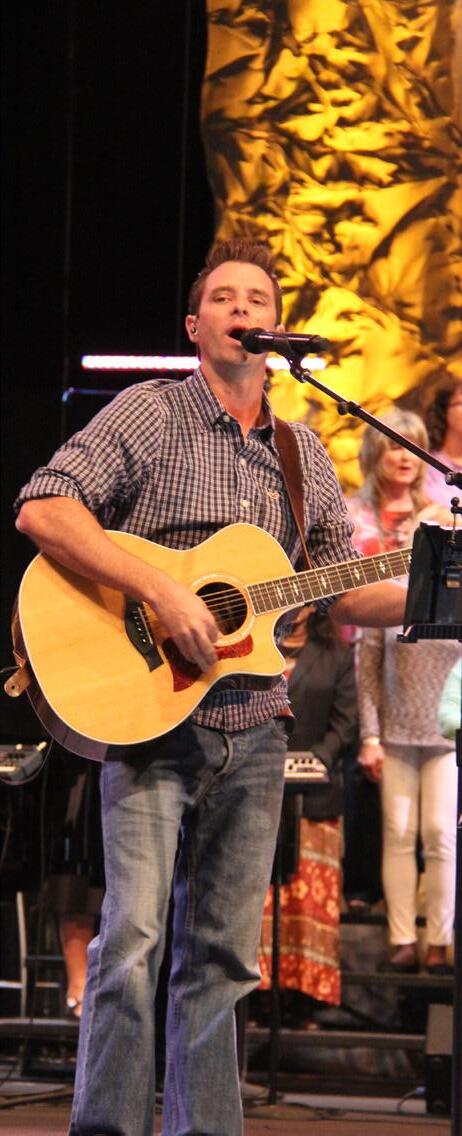
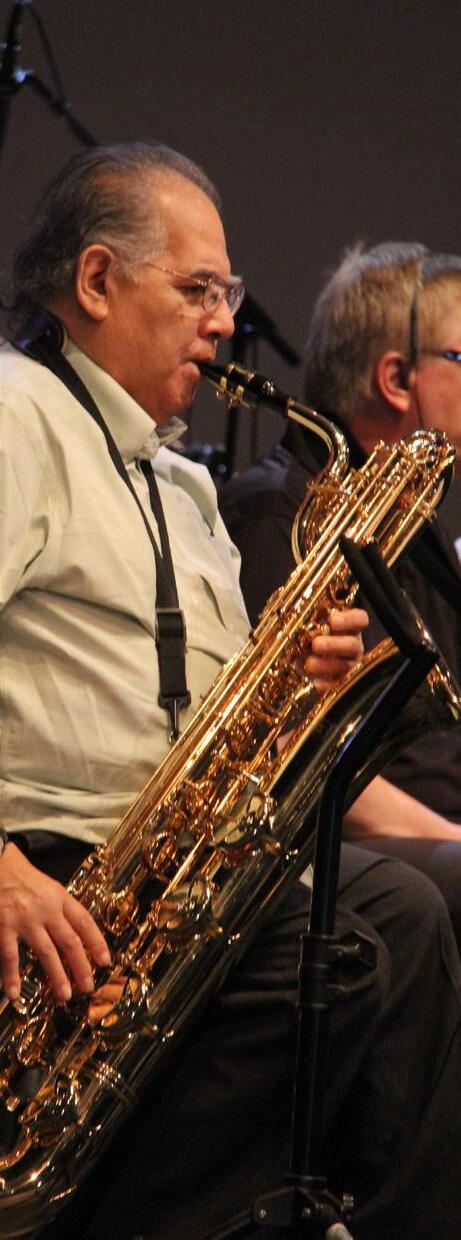




1. The Principle of RECEPTION: Everything comes from God
“Every good and perfect gift is from above, coming down from the Father” (James 1:17). All resources—whether wealth, health, relationships, or abilities—originate with God, not with us.
2. The Principle of RESPONSIBILITY: We are accountable for management
“Now it is required that those who have been given a trust must prove faithful” (1 Corinthians 4:2). God expects us to manage His resources wisely and intentionally.
3. The Principle of RETURN: God expects multiplication, not mere maintenance

In the Parable of the Talents, the master commended the servants who multiplied what was entrusted to them. God entrusts resources to us not merely for safekeeping but for kingdom impact.
4. The Principle of REWARD: Faithful stewardship brings blessing
“His master replied, ‘Well done, good and faithful servant!... Come and share your master’s happiness!’” (Matthew 25:21). While the reward isn’t necessarily material prosperity, God promises that faithful stewardship brings joy and further responsibility.
“Honor the LORD with your wealth, with the firstfruits of all your crops.” — Proverbs 3:9
POINT TO REMEMBER:
God’s ownership affects every resource in my life. Scripture provides clear principles for how to manage God’s resources. These apply whether you’re managing a little or a lot:


1. Which of the four principles above is most challenging for you? Why?
2. Beyond money, what other resources has God entrusted to you to manage?

Our culture bombards us with messages that directly contradict biblical stewardship:
• “You deserve this!”
• “It’s your money—do what you want with it!”
• “You only live once!”
• “He who dies with the most toys wins!”
These messages appeal to our natural desire for autonomy and control. But they lead to spiritual and financial bondage, not freedom.
”No one can serve two masters... You cannot serve both God and Money.” — Matthew 6:24
POINT TO REMEMBER: The ownership mentality leads to bondage, not freedom.
TODAY’S PRAYER:
“Lord, I confess that I often fall into the ownership mentality. I worry, compare, want more, and focus on myself rather than others. Forgive me and help me transfer ownership of everything to You. Thank You that Your way leads to freedom, not bondage. In Jesus’ name, Amen.”
TODAY’S CHALLENGE: Identify one way the ownership mentality has affected you negatively. Write down a specific action step to counter this with stewardship thinking.


The ownership mentality creates mulitple problems:
1. Anxiety Replaces Trust
When you believe resources belong to you, their management becomes a crushing responsibility. Jesus directly connected ownership thinking with anxiety: “Therefore I tell you, do not worry about your life, what you will eat or drink; or about your body, what you will wear” (Matthew 6:25).

2. Greed Replaces Contentment
The ownership mindset creates a bottomless hunger for more. “Watch out! Be on your guard against all kinds of greed; life does not consist in an abundance of possessions” (Luke 12:15).
3. Comparison Replaces Calling
The ownership mentality inevitably leads to comparing your resources with others. This produces either pride (when you have more) or envy (when you have less).
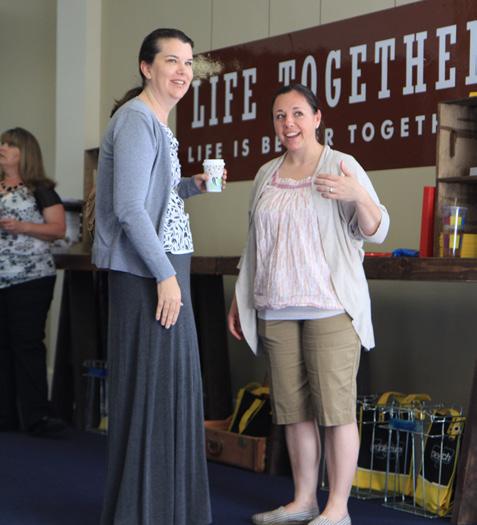
4. Self-Indulgence Replaces Generosity
When resources belong to you, the natural priority is self-gratification. The stewardship mentality recognizes resources should be deployed according to God’s priorities—which always include generosity.
TODAY’S TRUTH: The path to financial freedom begins with transferring ownership to God.

• Which ownership trap do you struggle with most: anxiety, greed, comparison, or self-indulgence?
• How have you experienced the freedom that comes from the stewardship mindset?

“Now it is required that those who have been given a trust must prove faithful.” — 1 Corinthians 4:2
POINT TO REMEMBER: Faithful stewardship develops Christlike character.
What does biblical stewardship look like in practice? Scripture reveals at least five characteristics of good stewards:
1. Good stewards RECOGNIZE God’s ownership
This isn’t mere intellectual assent but a heartlevel acknowledgment that shapes daily decisions. “The earth is the LORD’s, and everything in it” (Psalm 24:1).
2. Good stewards SEEK God’s priorities
They regularly ask, “Lord, what do You want
me to do with what You’ve entrusted to me?” “Seek first his kingdom and his righteousness, and all these things will be given to you as well” (Matthew 6:33).
3. Good stewards PRACTICE faithful management
They are diligent, strategic, and intentional with resources. “Whoever can be trusted with very little can also be trusted with much” (Luke 16:10).
4. Good stewards MAINTAIN a generous spirit
Since everything belongs to God anyway, they hold possessions loosely and give liberally. “God loves a cheerful giver” (2 Corinthians 9:7).
5. Good stewards LIVE with eternal perspective
They understand that their stewardship has implications beyond this life. “Store up for yourselves treasures in heaven, where moths and vermin do not destroy” (Matthew 6:20).



TODAY’S TRUTH: Stewardship is about character development, not just asset management.
THINKING ABOUT TODAY’S TRUTH:
1. Which of the five marks of a biblical steward do you feel is strongest in your life?
2. Which one represents your greatest growth opportunity?
“Father, I want to be a faithful steward of all You’ve entrusted to me. Help me to recognize Your ownership, seek Your priorities, practice faithful management, maintain a generous spirit, and live with eternal perspective. Develop in me the character of a good steward. In Jesus’ name, Amen.”
Choose one of the five marks of a steward where you need growth. Write down one specific action you’ll take this week to develop in that area.

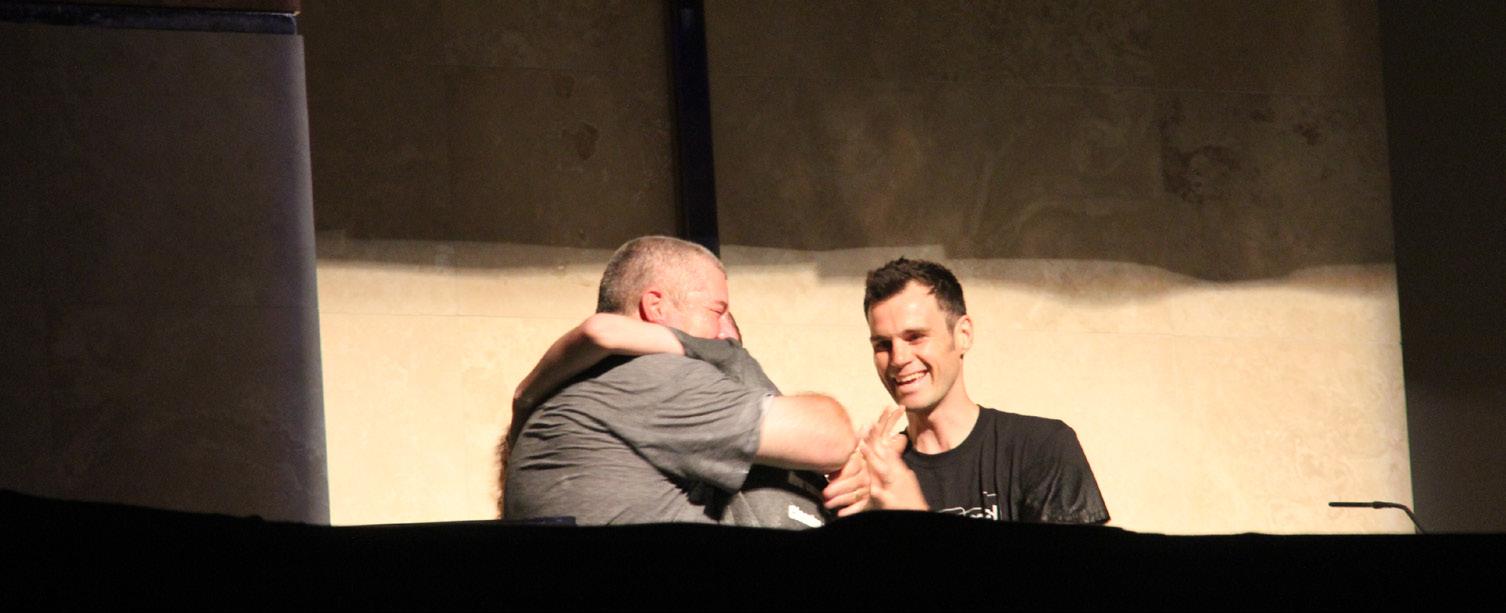
Worry diminishes. When you realize the Owner of the universe is caring for you, financial anxiety loses its grip.
Generosity increases. Giving is no longer about losing “your” money but investing God’s resources in His kingdom.
Contentment grows. The pressure to accumulate and compete with others fades when you see yourself as a steward, not an owner.
Purpose clarifies. Your resources become tools for kingdom impact rather than ends in themselves.
Accountability heightens. Knowing you’ll give account to God for your stewardship brings healthy sobriety to your decisions.



TODAY’S PRAYER: “Lord, today I transfer ownership of everything in my life to You. My time, my talents, my treasure, my relationships, my future—it all belongs to You. I surrender my claim to ownership and embrace my role as Your steward. Help me to manage Your resources according to Your priorities. In Jesus’ name, Amen.”

READ GALTATIONS 2:20 ”I have been crucified with Christ and I no longer live, but Christ lives in me.”
Surrendering ownership to God is a daily choice.
The foundation of all stewardship is a heart-level transfer of ownership. This happens when you genuinely acknowledge that God owns everything and you own nothing.
What fears arise when you think about transferring complete ownership of your resources to God?
Which benefit of the ownership transfer (less worry, more generosity, greater contentment, clearer purpose, or heightened accountability) do you most desire?
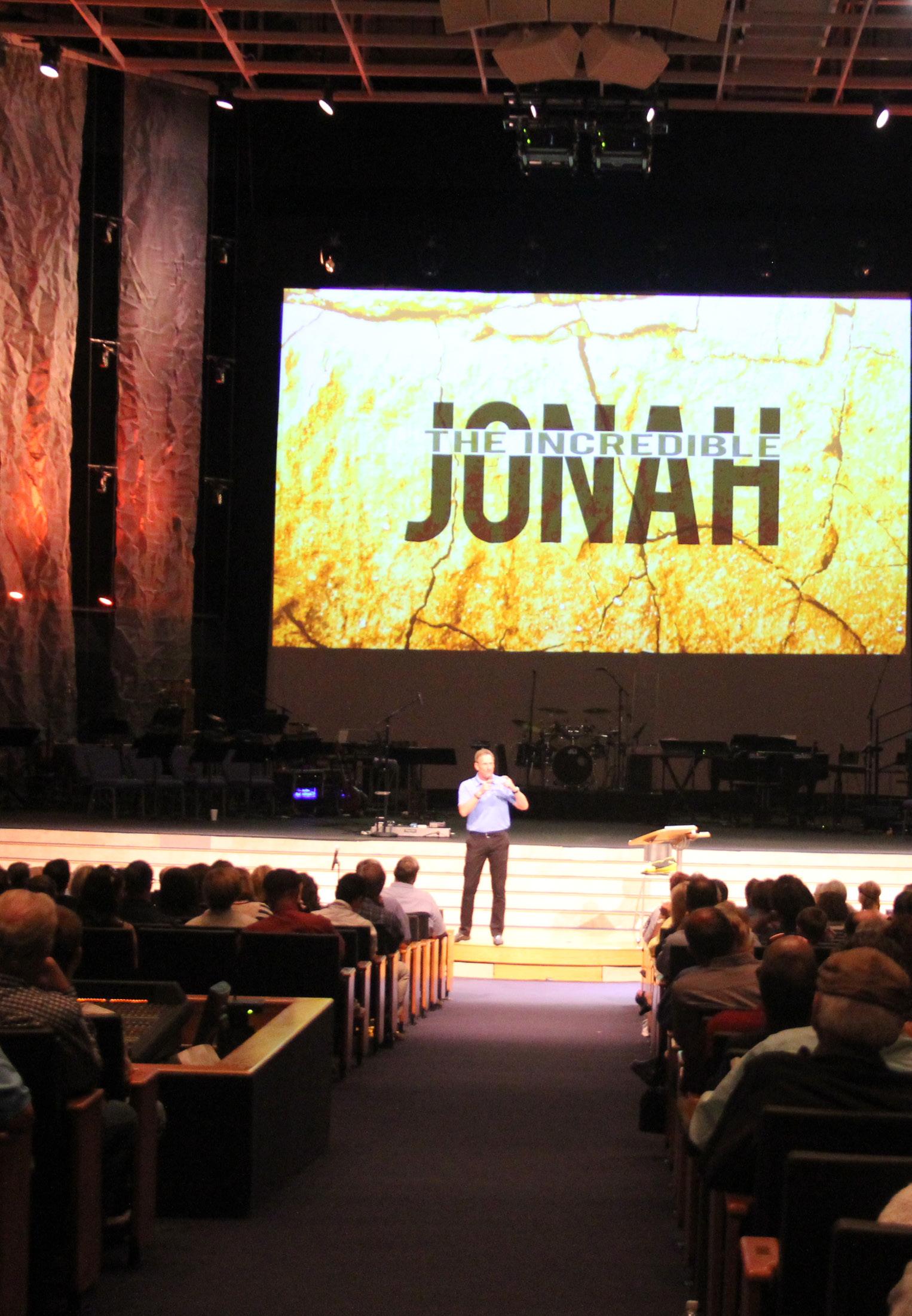

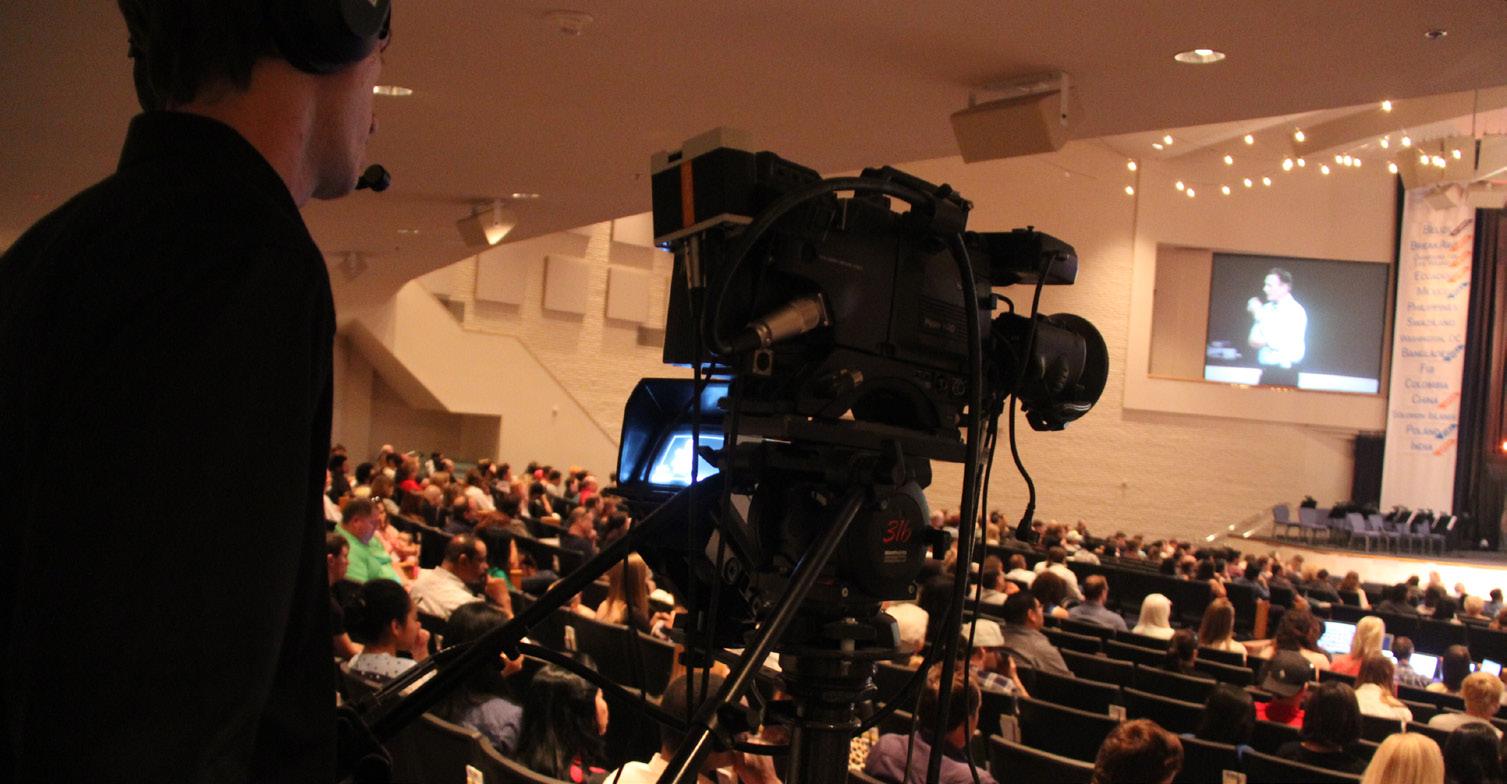

“THE EARTH IS THE LORD’S, AND EVERYTHING IN IT, THE WORLD, AND ALL WHO LIVE IN IT.” — PSALM 24:1
Materials needed: Index cards, pens
Instructions:
1. Give each person 3-5 index cards.
2. Ask everyone to write one possession they value on each card (house, car, phone, etc.).
3. Have participants arrange their cards in order of importance.
4. Then ask them to write on the back of each card how they would feel if that possession was damaged or lost.
5. Finally, have them write “This belongs to God” across the front of each card.
Discussion: How did this exercise affect your thinking about these possessions?
The Stewardship Audit:
In your workbook, complete the stewardship self-assessment, rating yourself from 1-10 in the following areas:
• Recognizing God’s ownership in daily decisions
• Seeking God’s priorities for resources
• Practicing faithful management
• Maintaining a generous spirit
• Living with eternal perspective
Read together: Psalm 24:1; 1 Chronicles 29:11-14; Haggai 2:8; Luke 16:10-13
1. What do these passages teach us about ownership and stewardship?
2. In 1 Chronicles 29:14, David says, “Everything comes from you, and we have given you only what comes from your hand.” How does this perspective differ from how most people view giving?
3. In Luke 16:10-13, what connection does Jesus make between how we handle money and our spiritual lives?
4. What does Jesus mean when He says we cannot serve both God and Money?
THIS WEEK’S CHALLENGE: THE OWNERSHIP TRANSFER
Daily Assignments:
• Day 1: Financial Resources - Surrender your finances to God’s ownership
• Day 2: Material Possessions - Dedicate your possessions to God’s purposes
• Day 3: Time and Schedule - Submit your time to God’s management
• Day 4: Talents and Abilities - Offer your gifts for God’s service
• Day 5: Relationships - Entrust your relationships to God’s care
• Day 6: Future Plans - Yield your dreams and goals to God’s direction
• Day 7: Reflection - Journal about what you’ve learned through this process

Break into groups of 2-3 people. Share one resource you want to surrender more fully to God’s ownership. Pray for each other, specifically asking God to help transfer ownership in that area.
MEMORY VERSE:
“The earth is the LORD’s, and everything in it, the world, and all who live in it.” (Psalm 24:1)
“Heavenly Father, we acknowledge that everything we have comes from You and belongs to You. Help us this week to live as faithful stewards, not as owners. Give us the wisdom to manage Your resources according to Your priorities. Transform our thinking about ownership and help us to hold everything with open hands. In Jesus’ name, Amen.”